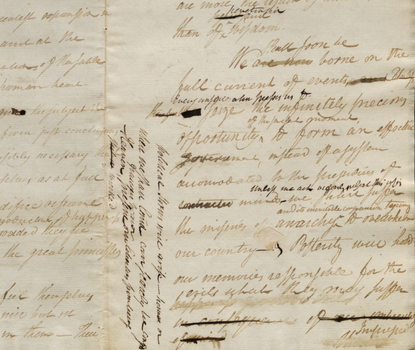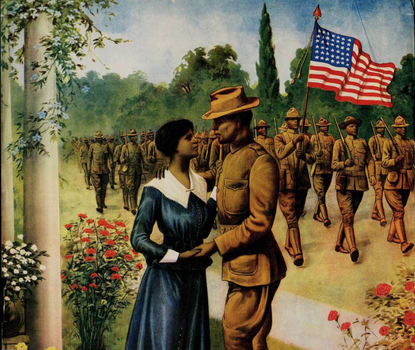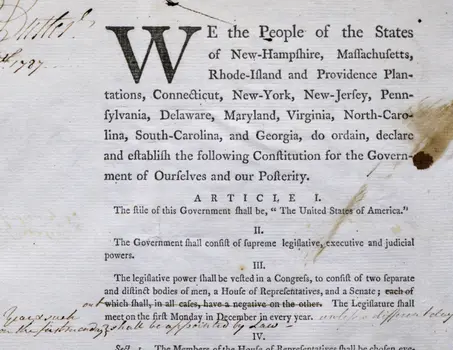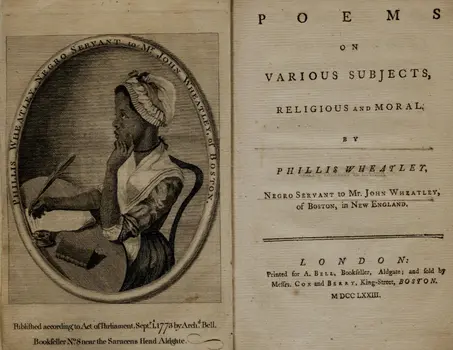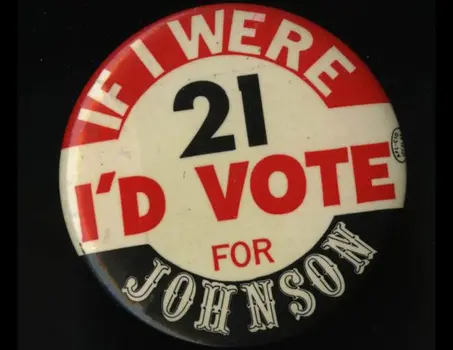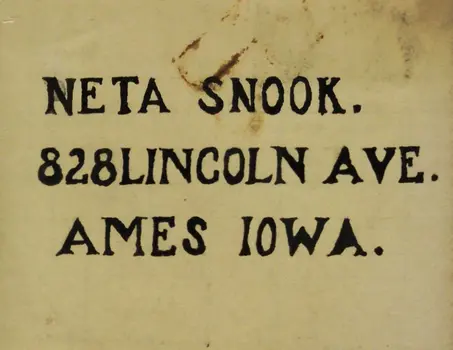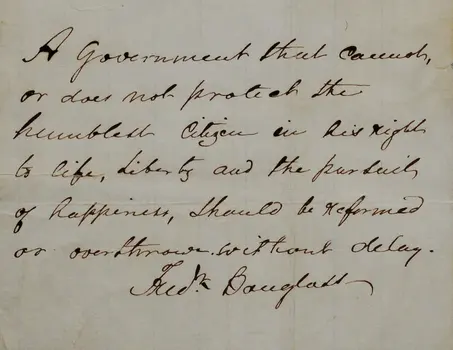The 2026 Contest is now open!
High school students in our Affiliate School Program are encouraged to participate in the prestigious David McCullough Essay Prizes competition.
Submit your entry via our contest entry form, accessible via the button below. Submissions will be accepted through June 22, 2026, at 8:00 p.m. ET.
Image: David McCullough at Trinity School in Manhattan, October 15, 2019


